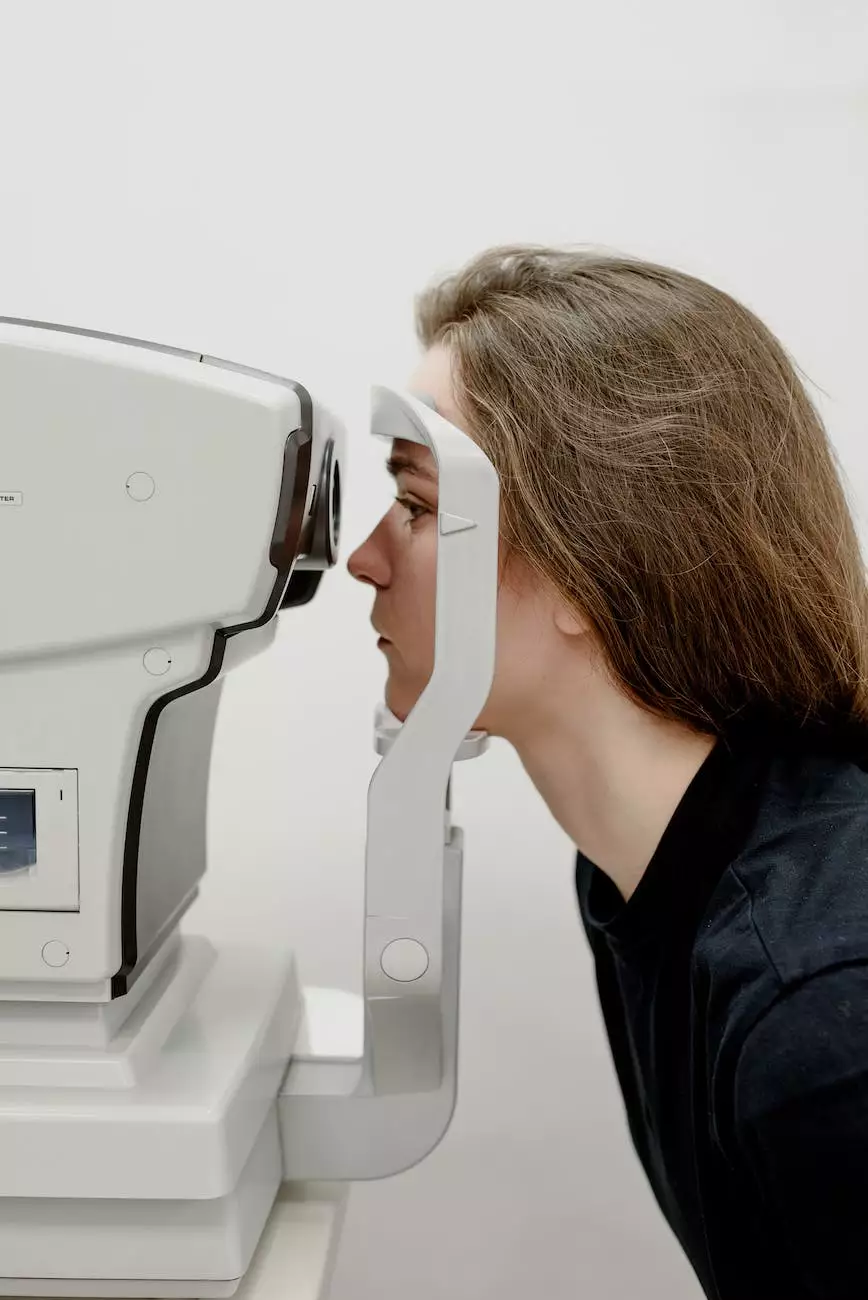Detect and Prevent Skin Cancer
Services
Introduction
Welcome to Benjamin Shettell, MD - your trusted source for comprehensive information on skin cancer detection, prevention, and treatment. As a leading expert in the field, Dr. Benjamin Shettell is dedicated to ensuring the well-being of his patients by providing invaluable insights and guidance in the fight against skin cancer.
About Skin Cancer
Skin cancer is a common but potentially life-threatening condition that affects millions of people worldwide. It occurs when the skin cells undergo abnormal growth, typically due to the damaging effects of ultraviolet (UV) radiation from the sun or tanning beds.
There are different types of skin cancer, including basal cell carcinoma, squamous cell carcinoma, and melanoma. Early detection is crucial for successful treatment, so being aware of the signs and symptoms is essential.
Signs and Symptoms
Knowing the signs and symptoms of skin cancer enables individuals to seek prompt medical attention if any concerns arise. While it is advisable to consult a healthcare professional for a definitive diagnosis, the following signs may indicate the presence of skin cancer:
- Unusual moles or growths on the skin
- Changes in the appearance of existing moles
- Bleeding or oozing spots on the skin
- Itchy or painful areas that don't heal
- Inflammation, redness, or swelling
Prevention Methods
Prevention is vital when it comes to reducing the risk of skin cancer. Dr. Benjamin Shettell emphasizes the significance of adopting healthy habits and taking precautionary measures to protect the skin. The following prevention methods are highly recommended:
- Apply sunscreen with a high SPF regularly
- Avoid direct sun exposure during peak hours
- Wear protective clothing, such as hats and long-sleeved shirts
- Seek shade when the sun's rays are most intense
- Perform regular self-examinations and raise concerns with a healthcare professional
Treatment Options
If skin cancer is detected, early intervention can significantly improve the chances of successful treatment. Benjamin Shettell, MD offers a range of effective treatment options tailored to each patient's unique circumstances. The available treatment methods include:
1. Mohs Surgery
Mohs surgery is a precise surgical technique that removes cancerous cells layer by layer, minimizing damage to healthy tissue. This approach is particularly suitable for skin cancer in delicate areas or recurring tumors.
2. Excisional Surgery
Excisional surgery involves cutting out the cancerous growth and a surrounding margin of healthy skin. The excised tissue is then sent for pathological analysis to ensure complete removal of the cancer cells.
3. Cryosurgery
Cryosurgery utilizes extreme cold to freeze and destroy cancer cells. Liquid nitrogen is applied to the affected area, causing the abnormal cells to shrink and eventually fall off.
4. Radiation Therapy
Radiation therapy involves the use of high-energy radiation beams to kill cancer cells. This treatment option may be recommended for individuals who are unable to undergo surgery or have a high risk of recurrence.
5. Topical Medications
Topical medications, such as creams or gels, containing specific anti-cancer agents can be prescribed to target and eliminate cancer cells on the skin's surface.
Conclusion
Dr. Benjamin Shettell, a renowned specialist in skin cancer, provides invaluable guidance regarding detection, prevention, and treatment options. By understanding the signs, taking preventive measures, and seeking prompt medical attention, individuals can effectively combat the devastating impact of skin cancer.
Remember, early detection and prevention are key to safeguarding your skin's health. Consult with Benjamin Shettell, MD for expert advice and personalized care. Together, we can overcome skin cancer and promote a healthier future.




